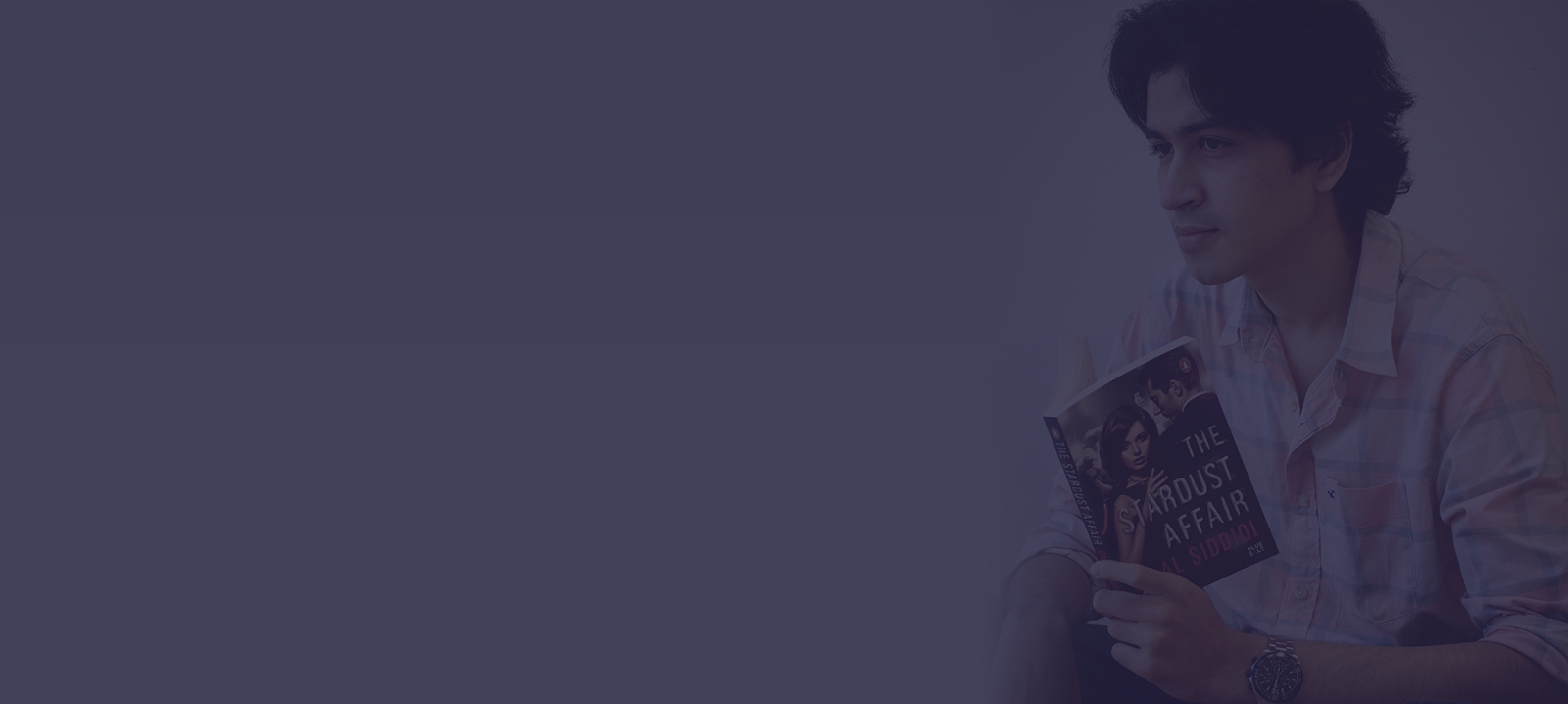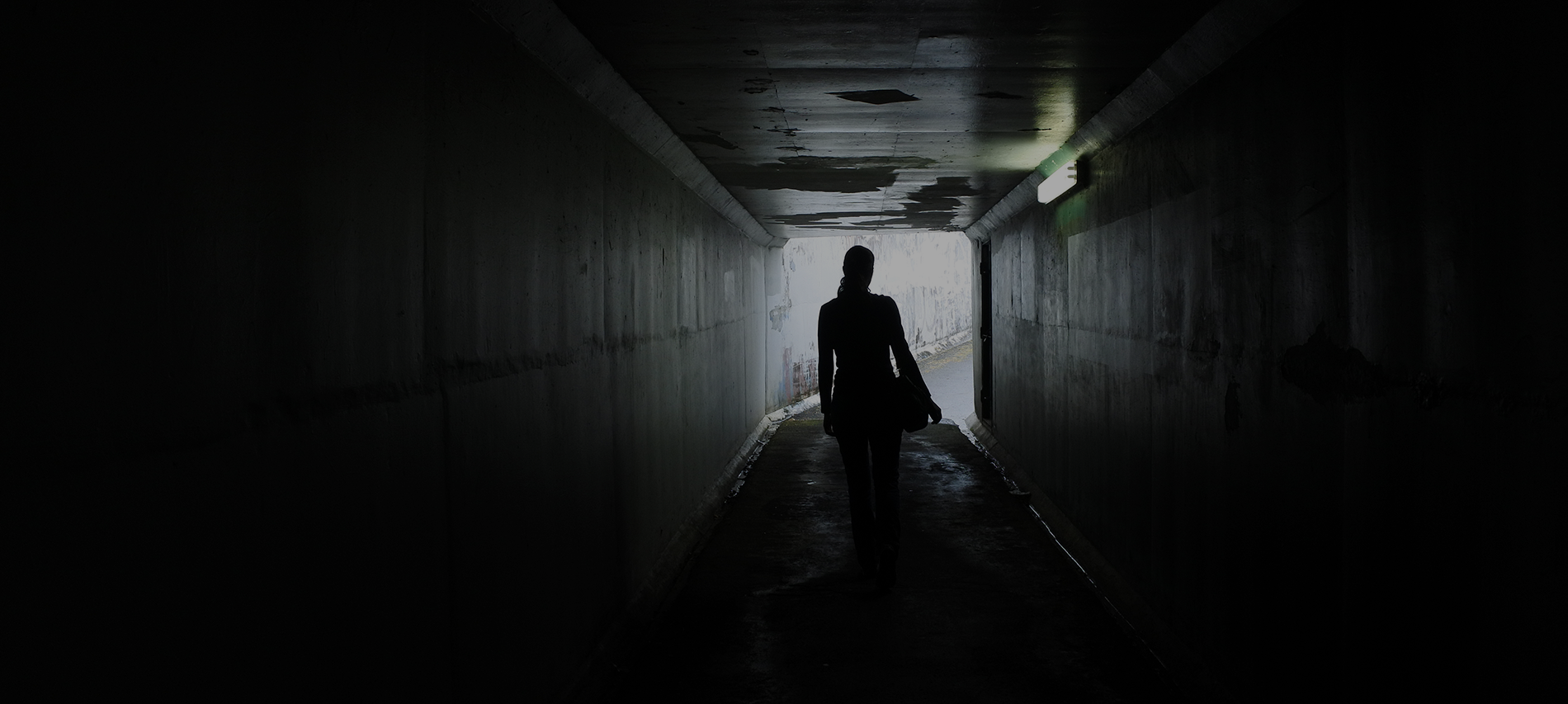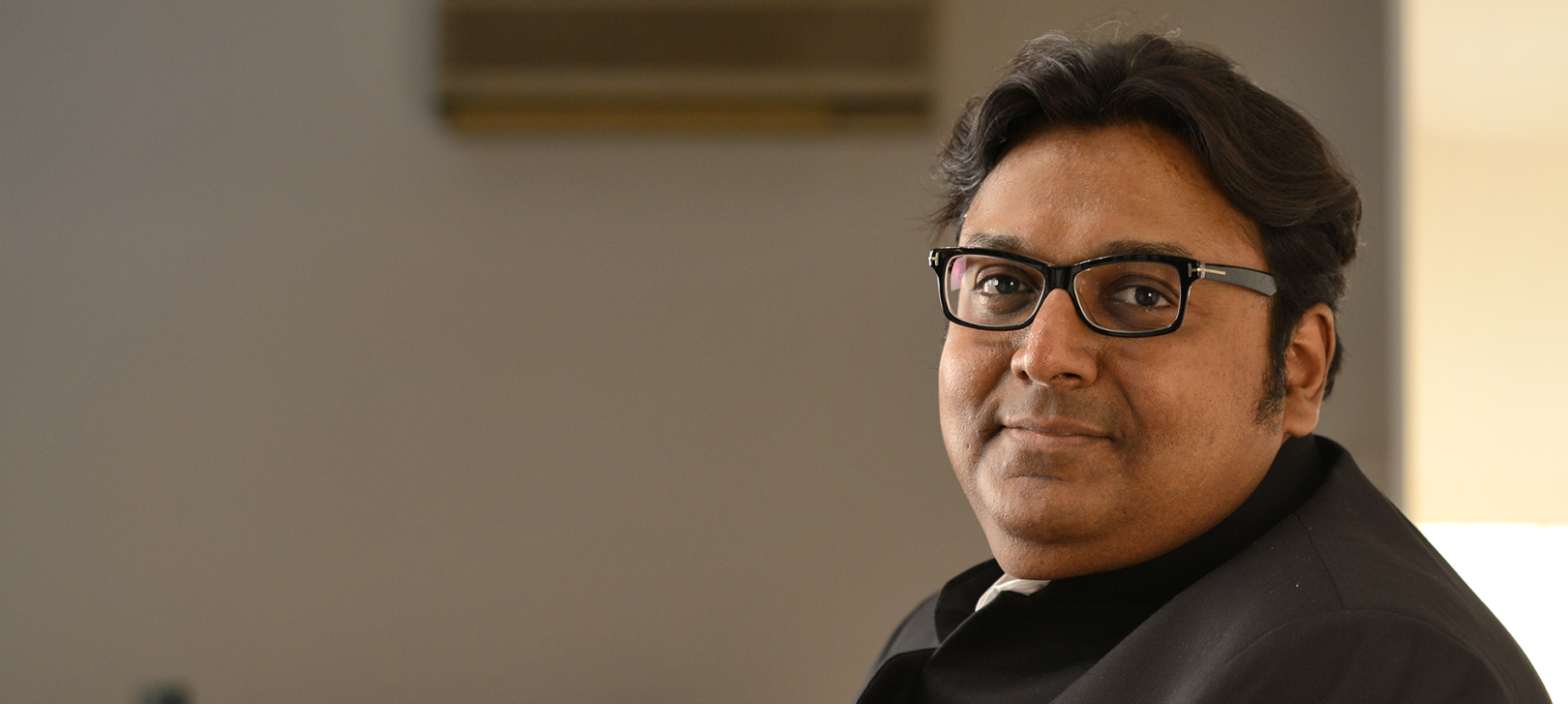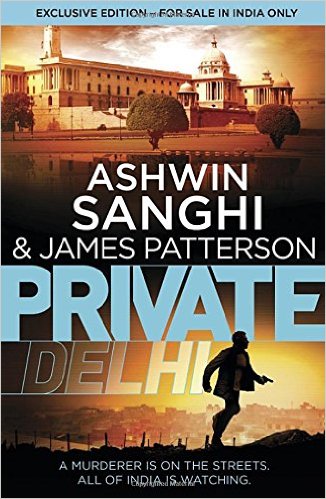
Dan Brown is back with yet another novel in ‘ The Robert Langdon Series’ after Angels & Demons (2000), The Da Vinci Code (2003), The Lost Symbol (2009), and Inferno (2013).
‘Origin’, which is the 5th installment in Robert Langdon’s adventures, is based on Langdon’s travels in Spain. It moves forth with the same paradoxical power play between Religion and Science.
Let’s read more to find out what happens next in the first of our three excerpts from ‘Origin’
—-
Prologue
As the ancient cogwheel train clawed its way up the dizzying incline, Edmond Kirsch surveyed the jagged mountaintop above him. In the distance, built into the face of a sheer cliff, the massive stone monastery seemed to hang in space, as if magically fused to the vertical precipice.
This timeless sanctuary in Catalonia, Spain, had endured the relentless pull of gravity for more than four centuries, never slipping from its original purpose: to insulate its occupants from the modern world.
Ironically, they will now be the first to learn the truth, Kirsch thought, wondering how they would react. Historically, the most dangerous men on earth were men of God . . . especially when their gods became threatened. And I am about to hurl a flaming spear into a hornets’ nest.
When the train reached the mountaintop, Kirsch saw a solitary figure waiting for him on the platform. The wizened skeleton of a man was draped in the traditional Catholic purple cassock and white rochet, with a zucchetto on his head. Kirsch recognized his host’s rawboned features from photos and felt an unexpected surge of adrenaline.
Valdespino is greeting me personally.
Bishop Antonio Valdespino was a formidable figure in Spain—not only a trusted friend and counselor to the king himself, but one of the country’s most vocal and influential advocates for the preservation of conservative Catholic values and traditional political standards.
“Edmond Kirsch, I assume?” the bishop intoned as Kirsch exited the train.
“Guilty as charged,” Kirsch said, smiling as he reached out to shake his host’s bony hand. “Bishop Valdespino, I want to thank you for arranging this meeting.”
“I appreciate your requesting it.” The bishop’s voice was stronger than Kirsch expected—clear and penetrating, like a bell. “It is not often we are consulted by men of science, especially one of your prominence. This way, please.”
As Valdespino guided Kirsch across the platform, the cold mountain air whipped at the bishop’s cassock.
“I must confess,” Valdespino said, “you look different than I imagined. I was expecting a scientist, but you’re quite . . .” He eyed his guest’s sleek Kiton K50 suit and Barker ostrich shoes with a hint of disdain. “‘Hip,’ I believe, is the word?”
Kirsch smiled politely. The word “hip” went out of style decades ago.
“In reading your list of accomplishments,” the bishop said, “I am still not entirely sure what it is you do.” “I specialize in game theory and computer modeling.”
“So you make the computer games that the children play?”
Kirsch sensed the bishop was feigning ignorance in an attempt to be quaint. More accurately, Kirsch knew, Valdespino was a frighteningly well-informed student of technology and often warned others of its dangers. “No, sir, actually game theory is a field of mathematics that studies patterns in order to make predictions about the future.”
“Ah yes. I believe I read that you predicted a European monetary crisis some years ago? When nobody listened, you saved the day by inventing a computer program that pulled the EU back from the dead. What was your famous quote? ‘At thirty-three years old, I am the same age as Christ when He performed His resurrection.’”
Kirsch cringed. “A poor analogy, Your Grace. I was young.”
“Young?” The bishop chuckled. “And how old are you now . . . perhaps forty?”
“Just.”
The old man smiled as the strong wind continued to billow his robe. “Well, the meek were supposed to inherit the earth, but instead it has gone to the young—the technically inclined, those who stare into video screens rather than into their own souls. I must admit, I never imagined I would have reason to meet the young man leading the charge. They call you a prophet, you know.”
“Not a very good one in your case, Your Grace,” Kirsch replied. “When I asked if I might meet you and your colleagues privately, I calculated only a twenty percent chance you would accept.”
“And as I told my colleagues, the devout can always benefit from listening to nonbelievers. It is in hearing the voice of the devil that we can better appreciate the voice of God.” The old man smiled. “I am joking, of course. Please forgive my aging sense of humor. My filters fail me from time to time.”
With that, Bishop Valdespino motioned ahead. “The others are waiting. This way, please.”
Kirsch eyed their destination, a colossal citadel of gray stone perched on the edge of a sheer cliff that plunged thousands of feet down into a lush tapestry of wooded foothills. Unnerved by the height, Kirsch averted his eyes from the chasm and followed the bishop along the uneven cliffside path, turning his thoughts to the meeting ahead.
Kirsch had requested an audience with three prominent religious leaders who had just finished attending a conference here.
The Parliament of the World’s Religions.
Since 1893, hundreds of spiritual leaders from nearly thirty world religions had gathered in a different location every few years to spend a week engaged in interfaith dialogue. Participants included a wide array of influential Christian priests, Jewish rabbis, and Islamic mullahs from around the world, along with Hindu pujaris, Buddhist bhikkhus, Jains, Sikhs, and others.
The parliament’s self-proclaimed objective was “to cultivate harmony among the world’s religions, build bridges between diverse spiritualities, and celebrate the intersections of all faith.”
A noble quest, Kirsch thought, despite seeing it as an empty exercise— a meaningless search for random points of correspondence among a hodgepodge of ancient fictions, fables, and myths.
As Bishop Valdespino guided him along the pathway, Kirsch peered down the mountainside with a sardonic thought. Moses climbed a mountain to accept the Word of God . . . and I have climbed a mountain to do quite the opposite.
Kirsch’s motivation for climbing this mountain, he had told himself, was one of ethical obligation, but he knew there was a good dose of hubris fueling this visit—he was eager to feel the gratification of sitting face-to-face with these clerics and foretelling their imminent demise.
You’ve had your run at defining our truth.
“I looked at your curriculum vitae,” the bishop said abruptly, glancing at Kirsch. “I see you’re a product of Harvard University?”
“Undergraduate. Yes.”
“I see. Recently, I read that for the first time in Harvard’s history, the incoming student body consists of more atheists and agnostics than those who identify as followers of any religion. That is quite a telling statistic, Mr. Kirsch.”
What can I tell you, Kirsch wanted to reply, our students keep getting smarter.
The wind whipped harder as they arrived at the ancient stone edifice. Inside the dim light of the building’s entryway, the air was heavy with the thick fragrance of burning frankincense. The two men snaked through a maze of dark corridors, and Kirsch’s eyes fought to adjust as he followed his cloaked host. Finally, they arrived at an unusually small wooden door. The bishop knocked, ducked down, and entered, motioning for his guest to follow.
Uncertain, Kirsch stepped over the threshold.
He found himself in a rectangular chamber whose high walls burgeoned with ancient leather-bound tomes. Additional freestanding bookshelves jutted out of the walls like ribs, interspersed with cast-iron radiators that clanged and hissed, giving the room the eerie sense that it was alive. Kirsch raised his eyes to the ornately balustraded walkway that encircled the second story and knew without a doubt where he was.
The famed library of Montserrat, he realized, startled to have been admitted. This sacred room was rumored to contain uniquely rare texts accessible only to those monks who had devoted their lives to God and who were sequestered here on this mountain.
“You asked for discretion,” the bishop said. “This is our most private space. Few outsiders have ever entered.”
“A generous privilege. Thank you.”
Kirsch followed the bishop to a large wooden table where two elderly men sat waiting. The man on the left looked timeworn, with tired eyes and a matted white beard. He wore a crumpled black suit, white shirt, and fedora.
“This is Rabbi Yehuda Köves,” the bishop said. “He is a prominent Jewish philosopher who has written extensively on Kabbalistic cosmology.”
Kirsch reached across the table and politely shook hands with Rabbi Köves. “A pleasure to meet you, sir,” Kirsch said. “I’ve read your books on Kabbala. I can’t say I understood them, but I’ve read them.”
Köves gave an amiable nod, dabbing at his watery eyes with his handkerchief.
“And here,” the bishop continued, motioning to the other man, “you have the respected allamah, Syed al-Fadl.”
The revered Islamic scholar stood up and smiled broadly. He was short and squat with a jovial face that seemed a mismatch with his dark penetrating eyes. He was dressed in an unassuming white thawb. “And, Mr. Kirsch, I have read your predictions on the future of mankind. I can’t say I agree with them, but I have read them.”
Kirsch gave a gracious smile and shook the man’s hand.
“And our guest, Edmond Kirsch,” the bishop concluded, addressing his two colleagues, “as you know, is a highly regarded computer scientist, game theorist, inventor, and something of a prophet in the technological world. Considering his background, I was puzzled by his request to address the three of us. Therefore, I shall now leave it to Mr. Kirsch to explain why he has come.”
With that, Bishop Valdespino took a seat between his two colleagues, folded his hands, and gazed up expectantly at Kirsch. All three men faced him like a tribunal, creating an ambience more like that of an inquisition than a friendly meeting of scholars. The bishop, Kirsch now realized, had not even set out a chair for him.
Kirsch felt more bemused than intimidated as he studied the three aging men before him. So this is the Holy Trinity I requested. The Three Wise Men.
Pausing a moment to assert his power, Kirsch walked over to the window and gazed out at the breathtaking panorama below. A sunlit patchwork of ancient pastoral lands stretched across a deep valley, giving way to the rugged peaks of the Collserola mountain range. Miles beyond, somewhere out over the Balearic Sea, a menacing bank of storm clouds was now gathering on the horizon.
Fitting, Kirsch thought, sensing the turbulence he would soon cause in this room, and in the world beyond.
“Gentlemen,” he commenced, turning abruptly back toward them. “I believe Bishop Valdespino has already conveyed to you my request for secrecy. Before we continue, I just want to clarify that what I am about to share with you must be kept in the strictest confidence. Simply stated, I am asking for a vow of silence from all of you. Are we in agreement?”
All three men gave nods of tacit acquiescence, which Kirsch knew were probably redundant anyway. They will want to bury this information—not broadcast it.
“I am here today,” Kirsch began, “because I have made a scientific discovery I believe you will find startling. It is something I have pursued for many years, hoping to provide answers to two of the most fundamental questions of our human experience. Now that I have succeeded, I have come to you specifically because I believe this information will affect the world’s faithful in a profound way, quite possibly causing a shift that can only be described as, shall we say—disruptive. At the moment, I am the only person on earth who has the information I am about to reveal to you.”
Kirsch reached into his suit coat and pulled out an oversized smartphone—one that he had designed and built to serve his own unique needs. The phone had a vibrantly colored mosaic case, and he propped it up before the three men like a television. In a moment, he would use the device to dial into an ultra secure server, enter his forty-seven-character password, and live-stream a presentation for them.
“What you are about to see,” Kirsch said, “is a rough cut of an announcement I hope to share with the world—perhaps in a month or so. But before I do, I wanted to consult with a few of the world’s most influential religious thinkers, to gain insight into how this news will be received by those it affects most.”
Stay tuned for the second excerpt—
Origin by Dan Brown Releases on October 3’ 2017.
Preorder your copy today!




























































